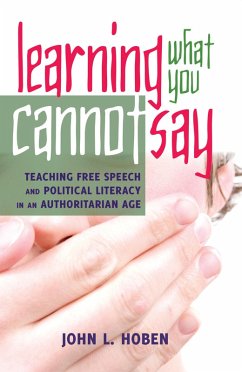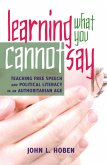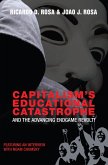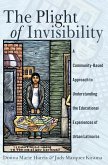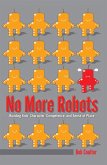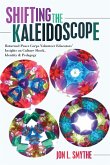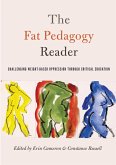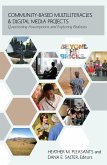How do teachers know the limits of their speech? Free speech means more than simply being free to agree, though the authoritarian managerial cultures of many schools increasingly ignore the need for a strong and empowered teaching profession. In response to this ongoing systemic contradiction, Learning What You Cannot Say provides a unique combination of teacher narratives, cultural theory and «black letter law» as part of a broader effort to create an active and effective critical legal literacy. The book explores the subtle ways in which cultural values inform shared perceptions of the black letter law and the detrimental impact of teacher apathy and confusion about rights. Since public schools educate our future citizens who learn not only from books but also by example, strong teacher speech is vital to the continued health of both our education system and our democracy. Any transformative form of political literacy, the author insists, must consider the cultural politics as well as the substantive law of rights.
Dieser Download kann aus rechtlichen Gründen nur mit Rechnungsadresse in A, D ausgeliefert werden.

